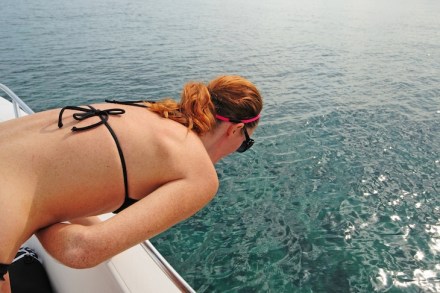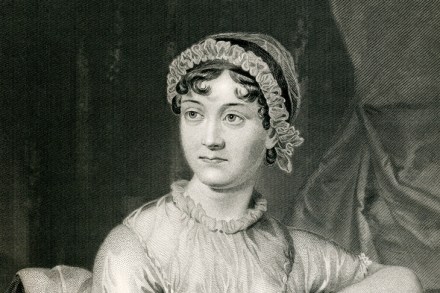A disgrace to feminism
More from Books‘I was single, straight, and female,’ Emily Witt begins, with all the élan of an alcoholic stating her name and what’s wrong with her. Only there isn’t anything wrong with Emily Witt. (The book jacket tells us she has three degrees and won a Fulbright scholarship to Mozambique.) Unless you count not having a fella






























